While the rating tells you how good a book is according to our two core criteria, it says nothing about its particular defining features. Therefore, we use a set of 20 qualities to characterize each book by its strengths:
Applicable – You’ll get advice that can be directly applied in the workplace or in everyday situations.
Analytical – You’ll understand the inner workings of the subject matter.
Background – You’ll get contextual knowledge as a frame for informed action or analysis.
Bold – You’ll find arguments that may break with predominant views.
Comprehensive – You’ll find every aspect of the subject matter covered.
Concrete Examples – You’ll get practical advice illustrated with examples of real-world applications or anecdotes.
Controversial – You’ll be confronted with strongly debated opinions.
Eloquent – You’ll enjoy a masterfully written or presented text.
Engaging – You’ll read or watch this all the way through the end.
Eye opening – You’ll be offered highly surprising insights.
For beginners – You’ll find this to be a good primer if you’re a learner with little or no prior experience/knowledge.
For experts – You’ll get the higher-level knowledge/instructions you need as an expert.
Hot Topic – You’ll find yourself in the middle of a highly debated issue.
Innovative – You can expect some truly fresh ideas and insights on brand-new products or trends.
Insider’s take – You’ll have the privilege of learning from someone who knows her or his topic inside-out.
Inspiring – You’ll want to put into practice what you’ve read immediately.
Overview – You’ll get a broad treatment of the subject matter, mentioning all its major aspects.
Scientific – You’ll get facts and figures grounded in scientific research.
Visionary – You’ll get a glimpse of the future and what it might mean for you.
Well structured – You’ll find this to be particularly well organized to support its reception or application.









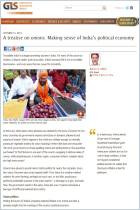
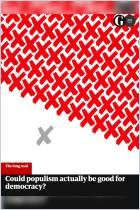
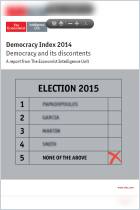
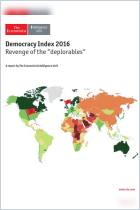
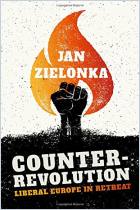
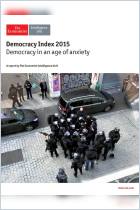
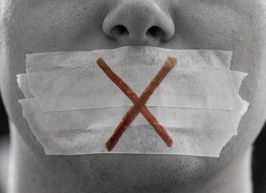


Comment on this summary or Start Discussion